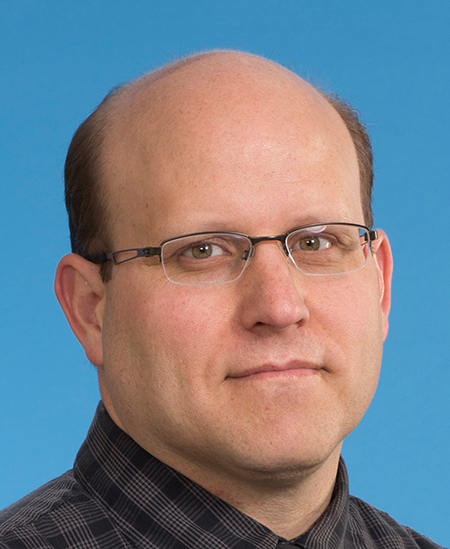How long have you been writing for and how much of that time have you spent writing fiction?
I started writing at the age of 16. Since I spent a long time and graduate school and then launching my career as a historian, I didn’t start writing fiction seriously until about 2015.
What’s the average word count for the books you write and how long does it take you to write your average book?
90,000. It’s hard to answer this question because you have to include all the time thinking and planning and researching. Once I have an outline, I can write a book in a couple of months if life will let me alone.
What is your writing routine (Do you have a daily word count goal? Do you write whenever the spirit moves you?)
Since I work full-time, I have to find the time when I can. I try to work on my fiction everyday.
How much do you research for a book before you start writing?
I do a lot of character work and plotting before I get serious about writing. I have a process I go through that is quite involved because I want to make sure I have a story that will work before I invest months of my time to working on it. That said, I always leave room for pantsing. Sometimes the best ideas come while you actually writing.
What do you find most difficult about writing a book?
The final edits.
Which of your books are you most proud of and why?
That’s a hard one. I really like The Clone Paradox.
Which of your books was the most difficult to write and why?
Wall of Glass because it is semi-autobiographical and deals with the difficult problem of discriminations.
Which self-publishing platform do you like the most and why?
KDP. It’s kindle unlimited system provides half of my income every month and allows me to find new readers.
Would you publish with a traditional publisher if they contacted you? Why?
It depends on who it was and what they offered. If they offered real marketing support, I might. I earn a lot more per book with KDP than I would get from a traditional press.
How many unfinished or unpublished works do you have?
I have a regular publishing program so I get out at least two books a year. I keep unfinished books sitting around. But I do have several older books that are not ready for publication.
Do you prefer creating stand-alone books or series?
Series. Stand-alones rarely sell well.
What’s one character you wish you would have created? What do you find compelling or interesting about this character?
Probably Grandma Dowdle from The Long Way from Chicago by Richard Peck. She is one of the most interesting and funny characters I have ever seen in literature.
Do you find it challenging to write characters of a different gender, race, or culture than you? Do you do any special research for these characters?
Sure. But I also think it’s necessary. Our world is diverse, so our books must be diverse. I am a historian so I draw on historical research a lot and I have close friends from many ethnic groups that I draw on to help me get things right.
What does success as a writer look like for you?
People reading my books and managing to say something meaningful in each book I write.
Writing can be a lonely job. Do you take any special steps to ensure you remain part of the world?
Not really. I have a professional and personal life that is quite active.
Constantly sitting and writing can be physically debilitating. How do you take care of yourself, physically?
I exercise every day and I eat a healthy diet.
Do you read your reviews? How do you deal with bad ones?
Yes. I look to see if they have a valid point. If they do, I fix it. I have found that most negative reviews are just trolls spouting off. You can’t please everyone so there is no point worry about the low reviews.
Do you have a favourite author? A favourite book?
J.R.R. Tolkien, Christopher Paul Curtis, Brandon Sanderson, Richard Peck, Lowis Lowery
Do you plot your stories in great detail before starting to write, or fly by the seat of your pants?
I create a structural outline and then write.
Of all the characters in your stories, which is your favourite?
Bernie LeBaron
Have you based any characters on real people? If they found out, how did they respond?
Partly, but you have to be careful doing that. So unless I have their permission, I don’t really do that.
What’s the best thing about being an independent author? The worst?
The ability to write and publish what I find interesting. Marketing.
Do you make a living selling your books?
No.
What advice would you give to a new author?
Study the craft and get a ton of positive rejections before you publish.
